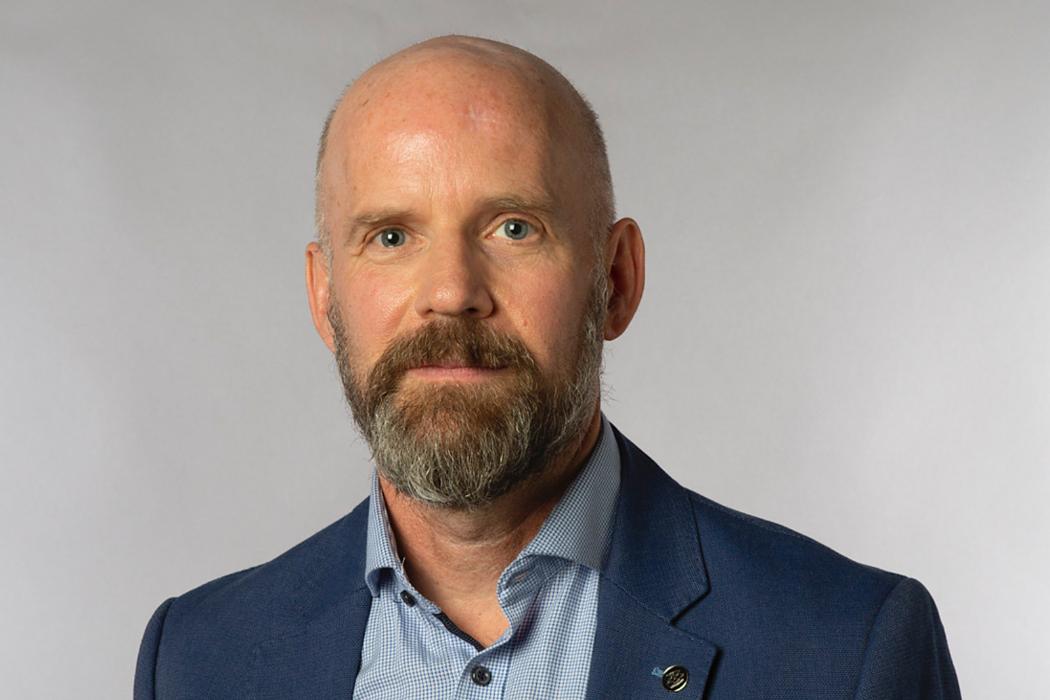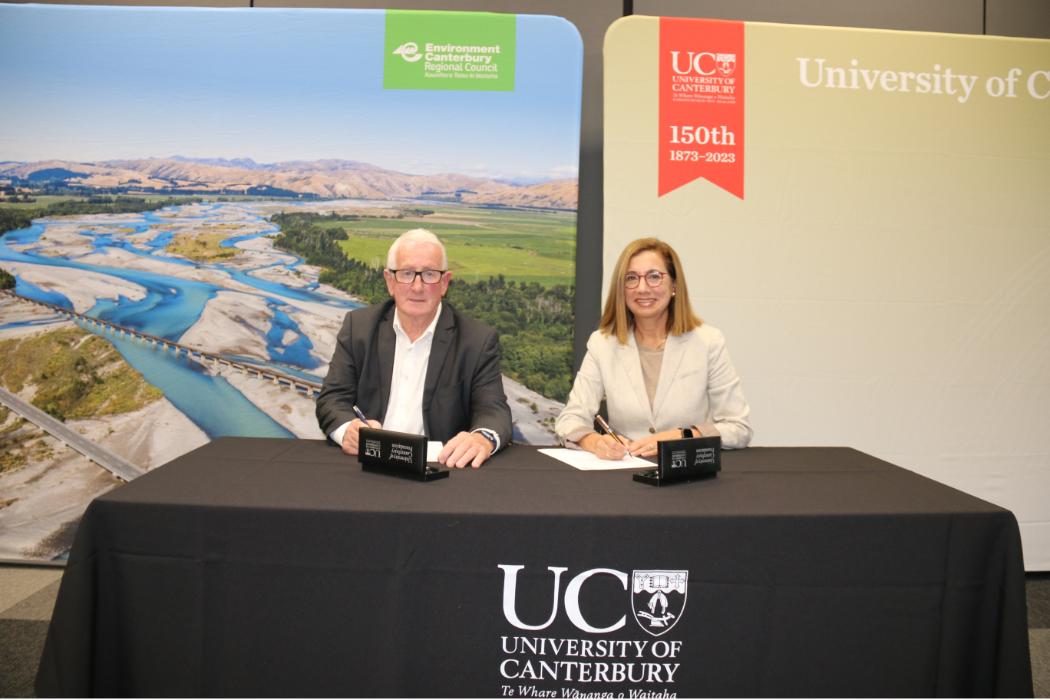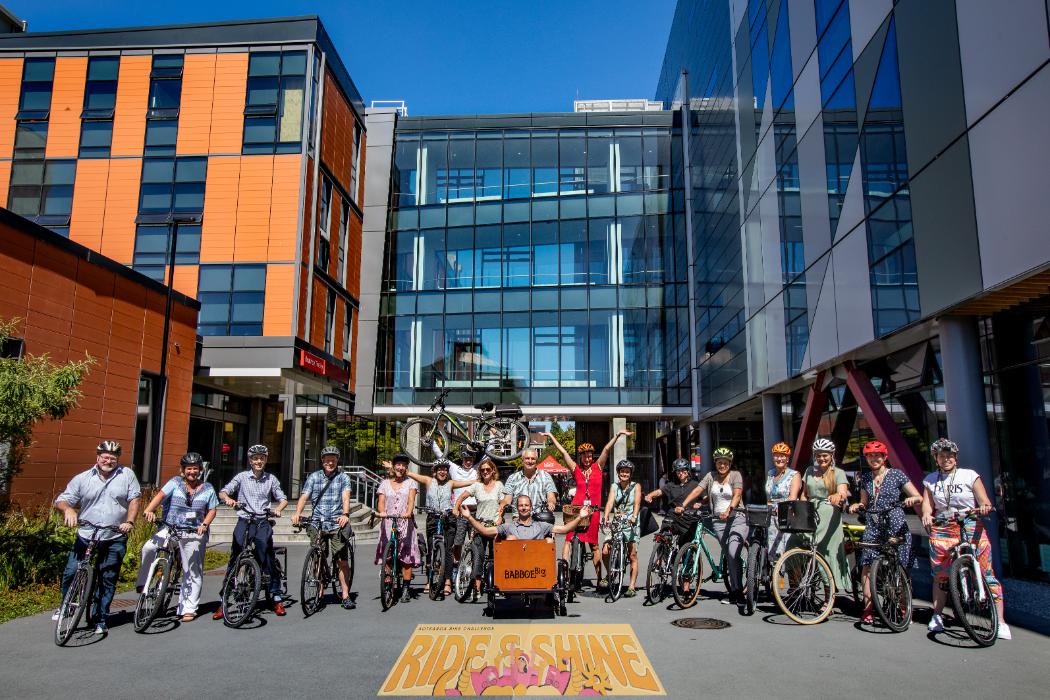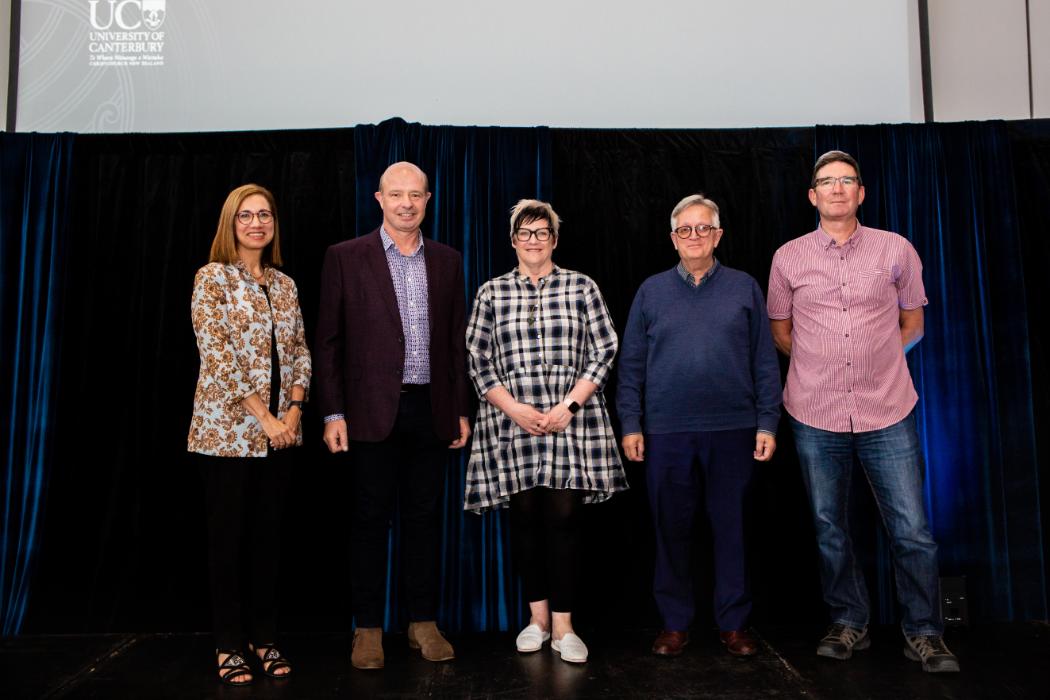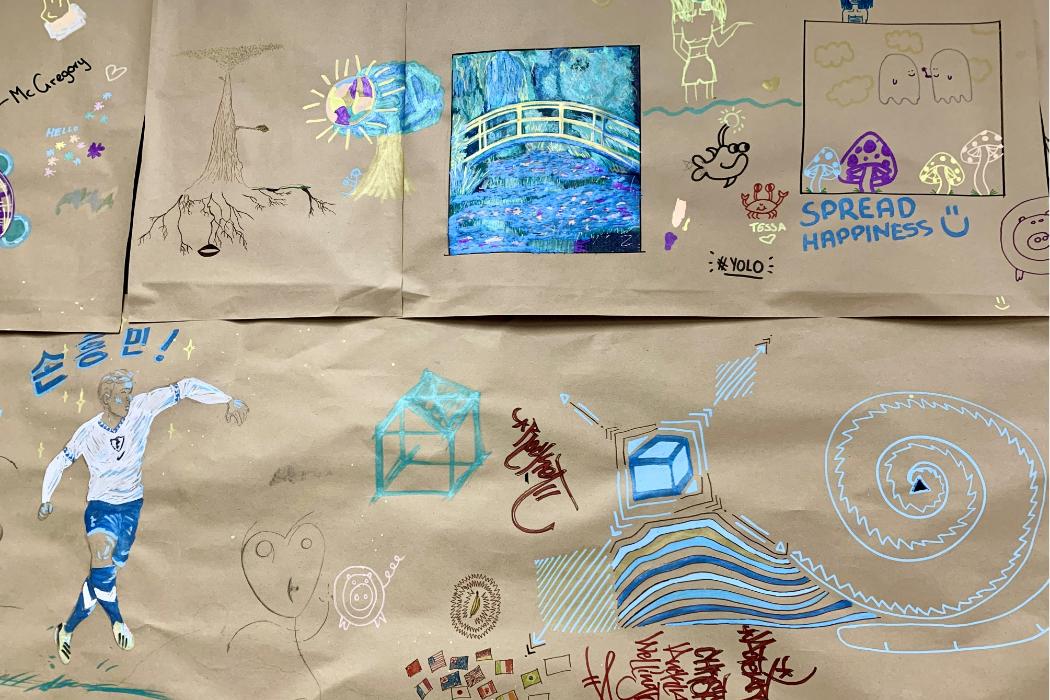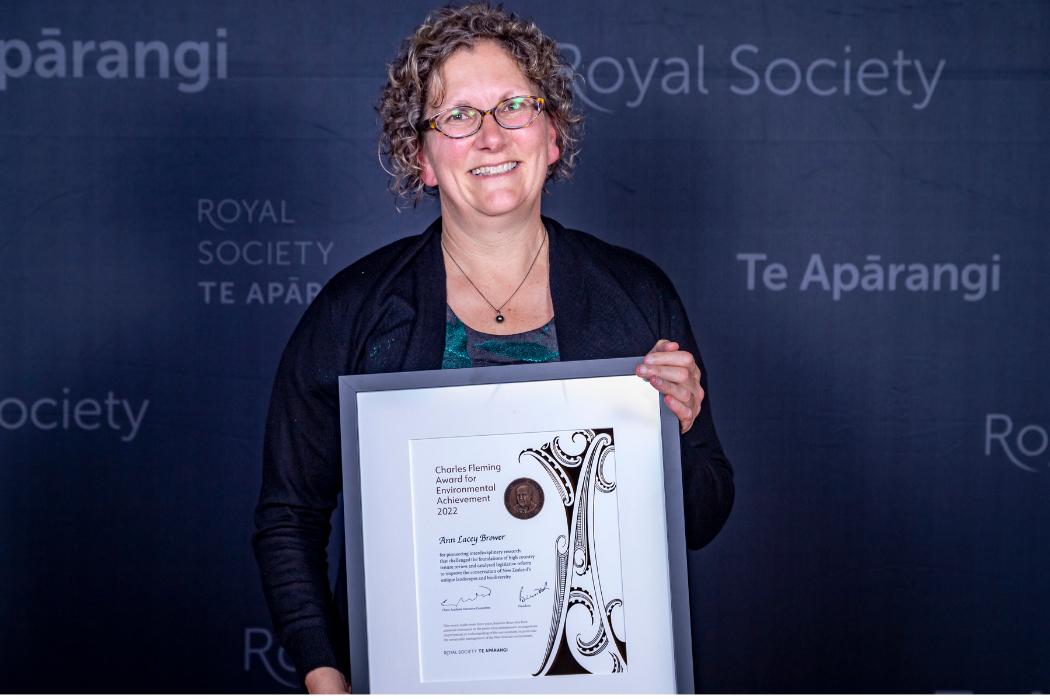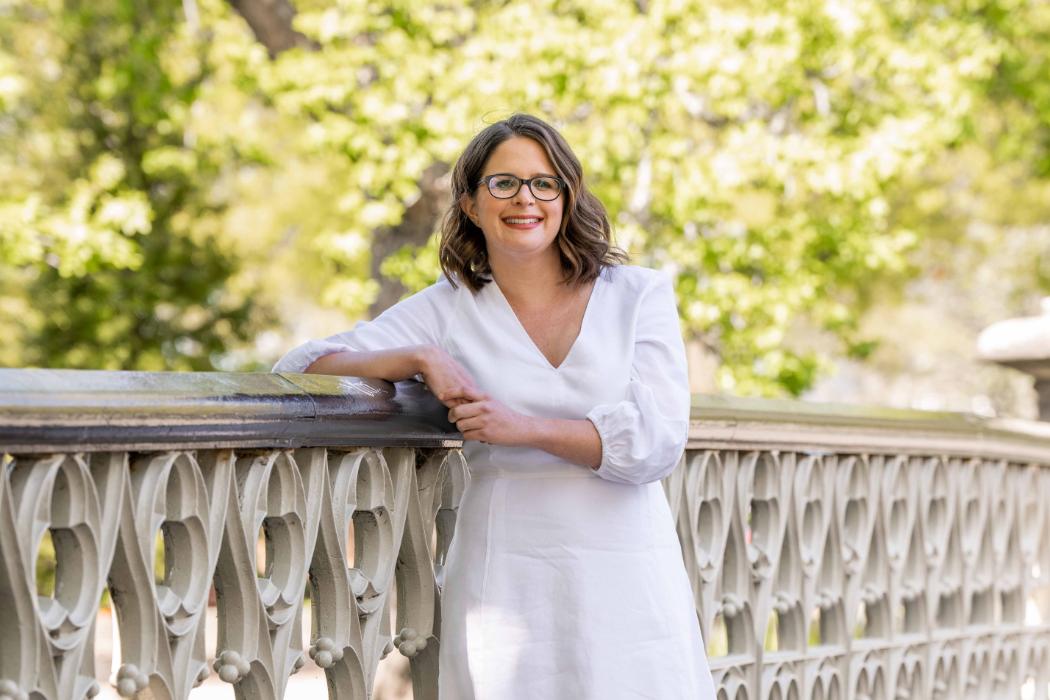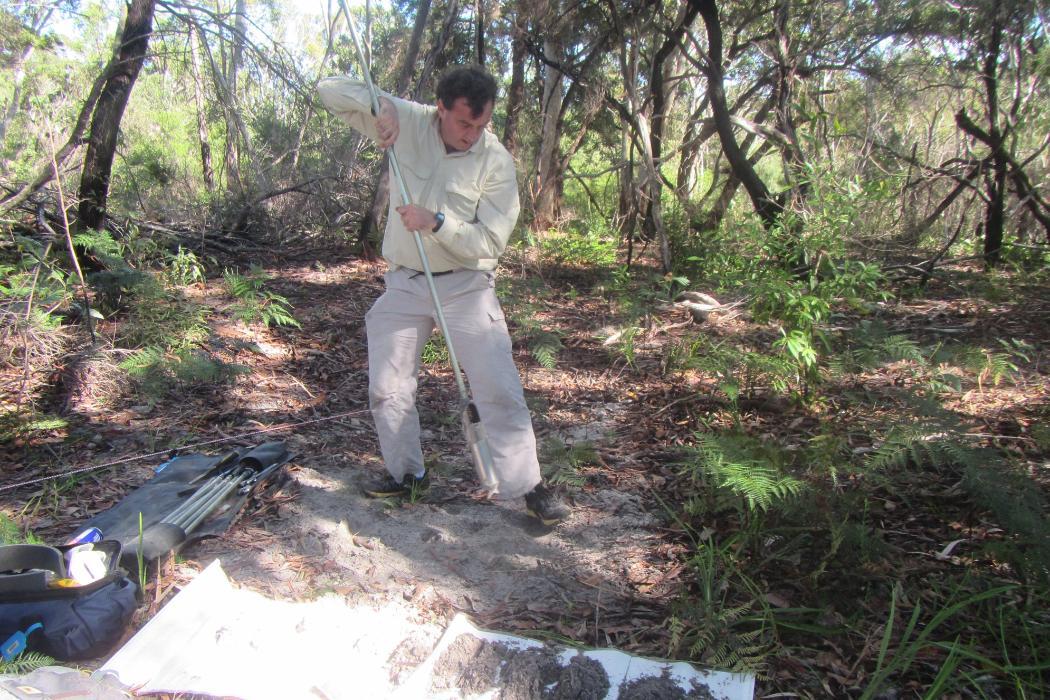Now in his second year of a Bachelor of Environmental Science, McKaskell returned to study after 15 years working in software development.
“Working in software has its rewards, however I wanted to contribute to something more meaningful, rather than just building another commercial website. I also love being outdoors. I was originally thinking about Engineering, but I saw Environmental Science and knew it was for me. I’ve found it really interesting and stimulating, and very multidisciplinary.”
Environmental scientists are at the forefront of research into sustainability challenges facing our physical world, which is interconnected with our social sphere and economic activities. It is due to their work that we are aware of the consequences of global warming, greenhouse gas emissions and other intense pressures on the Earth’s ecosystems.
Biodiversity (or safeguarding our native birds, lizards, and insects) is an area of urgent concern.
“In Aotearoa our birds and invertebrates are unique, we have a proliferation of bird life rather than mammals. When I was younger, I would wander through the forest and hear lots of birds, but that has diminished,” McKaskell says.
He mentions standout projects that have facilitated biodiversity such as the Zealandia sanctuary and the many bird hatching and relocation schemes operating around the country.
We can all promote biodiversity by controlling predators, planting native shrubs and trees, and cleaning up waterways, he says. Some of these things can be achieved literally in our own backyards. Every effort will contribute to community projects and initiatives on UC’s campuses through its new Biodiversity Plan.
“Social change can come by stealth,” McKaskell says. “Students in school today are learning about sustainability, and as they start to move into positions of power, they will be able to make significant change.”
Joining McKaskell and Humphreys on the biodiversity panel are UC Biodiversity Projects Coordinator Emily Arthur, Professor Jim Briskie from UC School of Biological Sciences and Riccarton Bush Ranger Mike Steenson. Register at Riccarton Community: Working Together to improve biodiversity.



